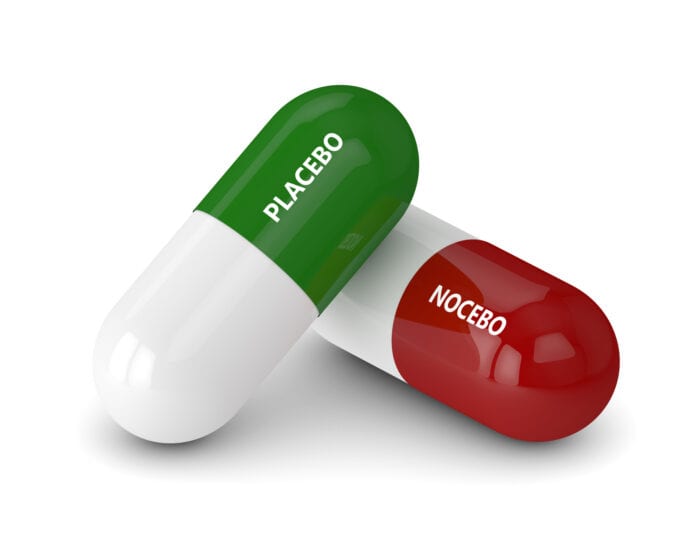Turns Out, Googling Medication’s Side Effects Can Actually Cause Them. Here’s How.
If you’ve ever taken a medication before, you’ve probably Googled the side effects before taking it. Well, turns out, that may be doing more harm than good.

In fact, Googling Medication’s Side Effects Can Actually Cause Them. Here’s How.
Look, I’ve had placebo’s before in a blind study. When they revealed who had received the study medication – and who had received the placebo – I could have sworn I had received the study medication.
I knew I had all the side effects I had been warned of. I had even had to keep a diary of when I experienced them.

Apparently, that is not an unusual outcome. It even has a name. It is the “Nocebo Effect”.

A study in the Journal of Medical Ethics suggests this may be more widespread than we think. Jeremy Howick, Ph.D. explains that the way a doctor tells patients about negative side effects may fuel the nocebo effect.
Doctors often outline the side effects you may encounter when taking a certain medication. Even more often, patients may Google what the side effects are, or see them in a commercial on TV.
In blind studies, researchers have found that as many as 40% of patients report side effects even if they aren’t taking the medication.
The thought of maybe suffering the side effects raises our anxiety, causing stress hormones in our body to increase.
To fight this issue Howick suggests positive framing while talking to patients about side effects.

Instead of saying “25% of patients have nausea when taking this medication”, say “75% of patients do not experience any nausea”. Howick says this is an ethical way to communicate.
Howick’s research underscores the need for Doctors to use positive empathetic communication when talking about medication side effects.
I might add, it underscores why we should not Google the side effects!







